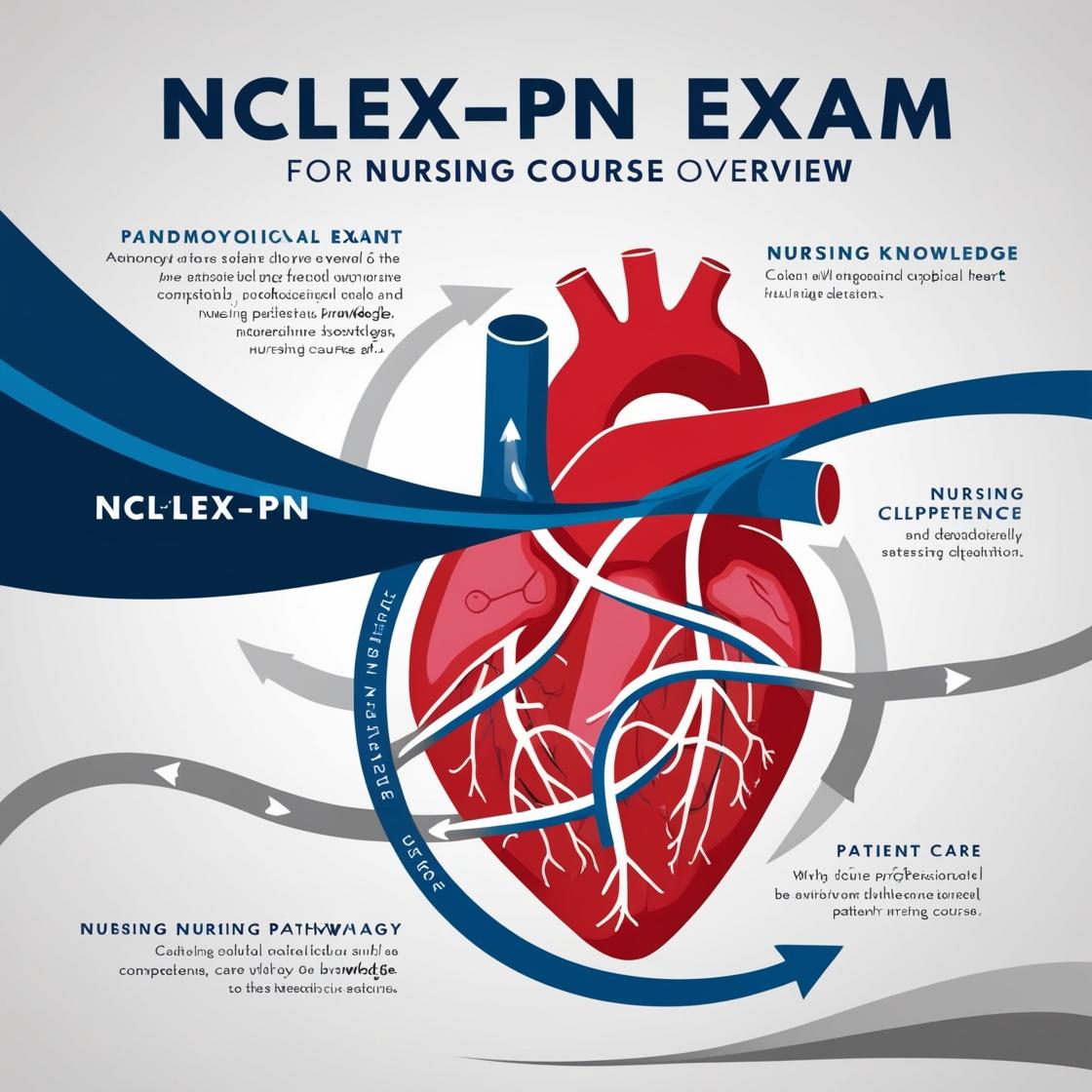NCLEX-PN
2024 Nclex Questions
1. There are many types of torts that can be committed against clients. They include all of the following except:
- A. assault.
- B. battery.
- C. negligence.
- D. felony.
Correct answer: D
Rationale: The correct answer is 'felony.' Felonies are serious crimes punishable by time in prison and are not considered types of torts. Types of torts include assault, battery, negligence, as well as other examples like slander, invasion of privacy, false imprisonment, and fraud. Assault involves the threat of harm, battery involves physical harm, and negligence involves a failure to exercise reasonable care. These are all civil wrongs (torts) rather than criminal offenses (felonies), making 'felony' the correct choice.
2. The nurse and a colleague are on the elevator after their shift, and they hear a group of health caregivers discussing a recent client scenario. Which client right might be breached?
- A. right to refuse treatment
- B. right to continuity of care
- C. right to confidentiality
- D. right to reasonable responses to requests
Correct answer: C
Rationale: The right to confidentiality of client information might be breached when client care situations are discussed in public areas or without regard to maintaining the information as private and confidential. In this scenario, discussing a client scenario in a public elevator could potentially lead to the breach of the client's right to confidentiality. The other choices, such as the right to refuse treatment, right to continuity of care, and right to reasonable responses to requests, are not typically breached in this context. It is important to uphold client confidentiality to maintain trust and privacy in healthcare settings.
3. When medications have an additive, synergistic, or antagonistic effect on a tissue, a ________ reaction has occurred.
- A. pharmaceutical
- B. pharmacodynamic
- C. pharmacokinetic
- D. drug incompatibility
Correct answer: B
Rationale: The correct answer is 'pharmacodynamic.' Pharmacodynamics pertain to the effect of a drug on receptors, explaining how drugs affect tissues. Pharmaceutical reactions refer to chemical reactions between drugs before administration or absorption, not their effect on tissues. Pharmacokinetic reactions involve how the body affects the drug, not the tissue. Drug incompatibilities are essentially pharmaceutical reactions, not the specific effects on tissues seen in pharmacodynamic reactions.
4. The nurse suspects an elderly client has been the victim of abuse. The client denies abuse and declines assistance. The nurse's next action should be to:
- A. respect the client's decision to refuse assistance.
- B. report the incident to the authorities.
- C. arrange an appointment with the client's family.
- D. educate the client about available services.
Correct answer: D
Rationale: In cases where elderly clients deny abuse and refuse assistance, it is crucial for the nurse to respect their autonomy while also ensuring their safety. Educating the client about available services is the appropriate action as it empowers the client with information without imposing any decisions on them. It allows the client to make informed choices regarding their well-being. Reporting the incident to the authorities (Choice B) may be necessary if there is immediate danger, but in this scenario, the client denies abuse. Arranging an appointment with the client's family (Choice C) may not be appropriate without the client's consent or in cases where the family might be involved in the abuse. Simply doing nothing (Choice A) is not the best course of action as the nurse should still provide support and resources to the client.
5. The ethical principle of keeping professional promises or obligations is:
- A. veracity
- B. autonomy
- C. fidelity
- D. beneficence
Correct answer: C
Rationale: The correct answer is fidelity. Fidelity is the ethical principle that refers to keeping professional promises or obligations. Veracity, however, relates to truth-telling. Autonomy is about client self-determination and decision-making. Beneficence, on the other hand, involves doing good and is crucial in the provision of nursing care.
Similar Questions

Access More Features
NCLEX PN Basic
$69.99/ 30 days
- 5,000 Questions with answers
- Comprehensive NCLEX coverage
- 30 days access @ $69.99
NCLEX PN Premium
$149.99/ 90 days
- 5,000 Questions with answers
- Comprehensive NCLEX coverage
- 30 days access @ $149.99
